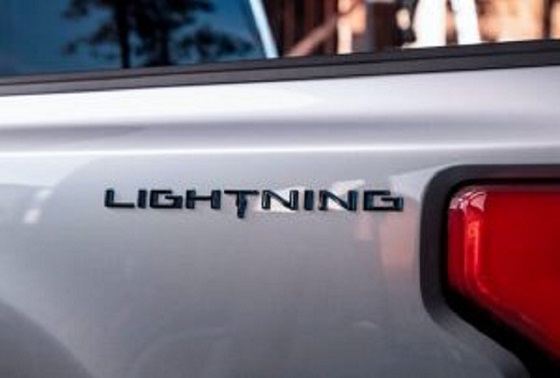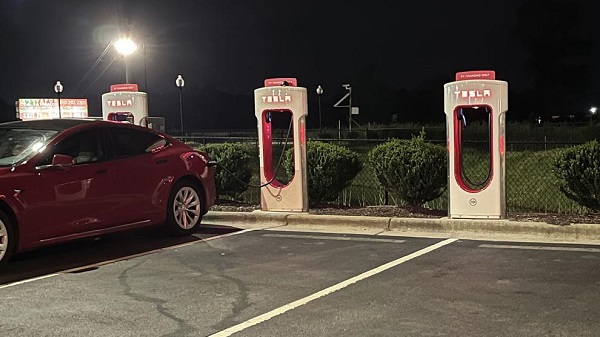From The Center Square
Federal deregulation and tax credit cuts are reshaping the auto industry, as Ford Motor Co. and General Motors Co. scale back electric vehicle production and redirect billions into hybrids and traditional gas-powered cars.
Yet, the Michigan automotive industry could see increased investments from those same companies as they reallocate that funding.
While both Ford and GM previously announced ambitious targets to expand electric vehicle fleets over the next decade, they are now cutting back on electric vehicle production.
That comes in response to federal deregulation of gas-powered vehicles, tax credit cuts, and the prospect of slowing consumer demand.
In August, Ford stated it was canceling plans to build a new electric three-row SUV. Instead, it is turning its focus to hybrid vehicles, including a massive $5 billon investment into a new “affordable” hybrid truck.
GM announced similar plans earlier this month. It will be cutting back electric vehicle production at Kansas and Tennessee plants, anticipating a decline in demand once federal tax credits end Sept. 30.
This all could have a real impact on the electric vehicle industry across the nation and experts are already anticipating that.
A new forecast by Ernst & Young Global Limited now predicts a five-year delay in electric vehicles making up 50% of the new car marketshare. While previous forecasts predicted America would reach that mark by 2034, the new forecast pushed that back to 2039.
“The U.S. faces policy uncertainty, high costs, and infrastructure gaps,” said Constantin M. Gall, the company’s global aerospace defense and mobility leader.
Clean energy advocacy groups are decrying this move away from electric vehicle initiatives, largely blaming the Trump administration.
“The transition to electric vehicles now faces significant roadblocks,” said Ecology Center in an April report. “The Trump administration has rolled back key policies supporting clean transportation.”
It also pointed to a nationwide deregulation of the gas-powered vehicle industry for allowing those to remain “dominant” over electric vehicles.
“These actions prioritize fossil fuels over clean energy, threatening progress toward a sustainable transportation future,” the report stated.
While bad news for electric vehicle supporters, the Michigan automotive industry could be a winner as companies re-shift focus back to gas-powered and hybrid vehicles.
With billions of dollars previously allocated to federal pollution fines and electric vehicle costs now available for investment, GM now plans to increase production at a Detroit-area plant by 2027.
The Michigan-based company also recently announced plans to invest billions into another Michigan plant in Lake Orion Township.
For similar reasons, Ford’s CEO Jim Farley told analysts that the company anticipates monetary savings “has the potential to unlock a multibillion-dollar opportunity over the next two years.”
While Gov. Gretchen Whitmer has long been a proponent for the electric vehicle industry, she did recently emphasize her support for all Michigan-based manufacturing, no matter the type.
“We don’t care what you drive – gas, diesel, hybrid, or electric – as long as it’s made in Michigan,” she said following the GM Orion announcement. “Together, let’s keep bringing manufacturing home, growing the middle class, and making more stuff in Michigan.”




















